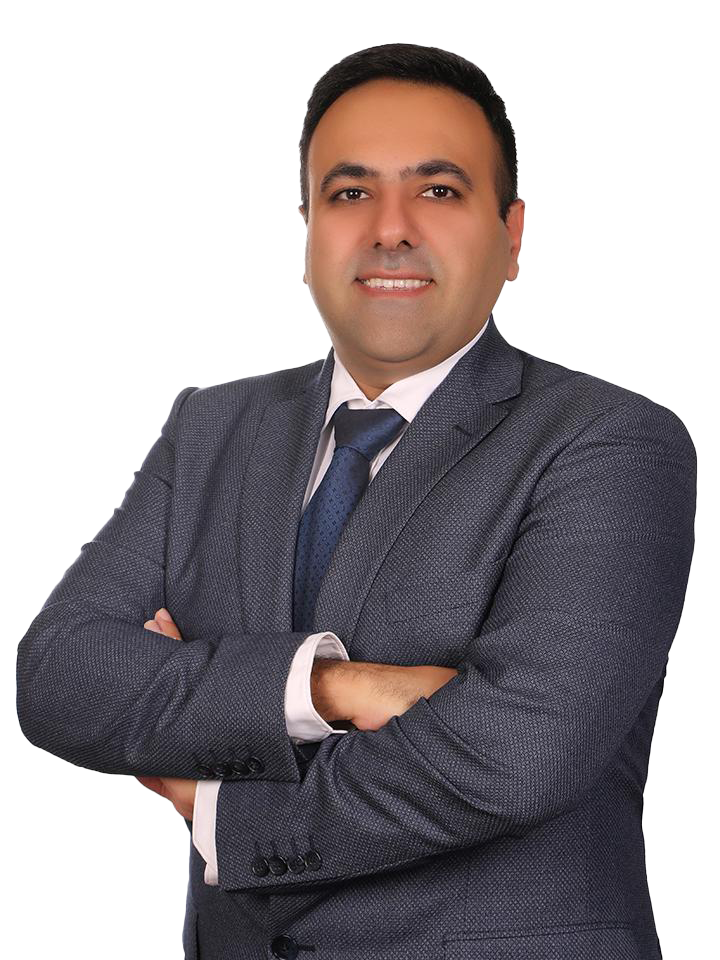Neurology
Neurology is a vital branch of medicine focused on the nervous system, encompassing the brain, spinal cord, and nerves. Neurologists are specialists trained to diagnose, treat, and manage disorders affecting these areas. Given the complexity of the nervous system, consulting a neurologist is crucial for maintaining optimal brain health and addressing various neurological conditions.
What is neurology?
Neurology stands at the forefront of medical science, focusing on disorders and conditions affecting the nervous system. As a critical branch of medicine, it encompasses the diagnosis, management, and treatment of neurological disorders, covering a vast spectrum from epilepsy and stroke to Alzheimer's disease.
Key Services in Neurology
- Expert Diagnosis and Management:
Our neurology services excel in diagnosing and treating neurological conditions such as epilepsy, stroke, multiple sclerosis, Parkinson's disease, and dementia.
- Advanced Neurological Examination:
We utilize state-of-the-art neurodiagnostic techniques to assess motor skills, sensory responses, balance, coordination, and cognitive functions.
- Specialized Subfields:
Catering to diverse neurological needs, we offer specialized care in pediatric neurology, neuro-oncology, neuromuscular medicine, and more.
- Innovative Research and Treatment Approaches:
At the forefront of neurological advancements, we are dedicated to research in neuroimaging, molecular biology, and neurogenetics, constantly improving patient care.
- Collaborative Care Approach:
Our multidisciplinary team, including top neurosurgeons, psychiatrists, and therapists, ensures comprehensive care for complex neurological conditions.
Why see a neurologist ?
Neurologists are crucial in the healthcare journey for individuals experiencing neurological issues. They treat a wide range of conditions, including chronic headaches, epilepsy, stroke, Parkinson's disease, multiple sclerosis, and Alzheimer's disease. Early diagnosis and treatment by a neurologist can significantly improve outcomes and quality of life, making timely consultation essential.
When to Consult a Neurologist?
It's important to recognize symptoms that warrant a visit to a neurologist. These include persistent or severe headaches, movement problems, memory issues, seizures, and symptoms of stroke such as sudden weakness or speech difficulties. Often, a primary care doctor will refer patients to a neurologist when these symptoms are present.
What to Expect During Your Visit?
During the first visit, a neurologist will conduct a thorough neurological examination, which may include testing muscle strength, reflexes, coordination, sensation, memory, speech, and other cognitive abilities. Diagnostic tools like MRI, CT scans, and EEG might be used to understand the underlying cause of symptoms accurately.
MEET OUR neurologist TEAM
At Windsor Medical Center, we believe in a holistic approach to mental health. Our psychologists go beyond just addressing symptoms – they delve deep to understand the root causes of your struggles. With evidence-based therapies and personalized treatment plans, we empower you to achieve lasting transformation and inner peace.
Contact Us
Contact Us
We will get back to you as soon as possible
Please try again later



